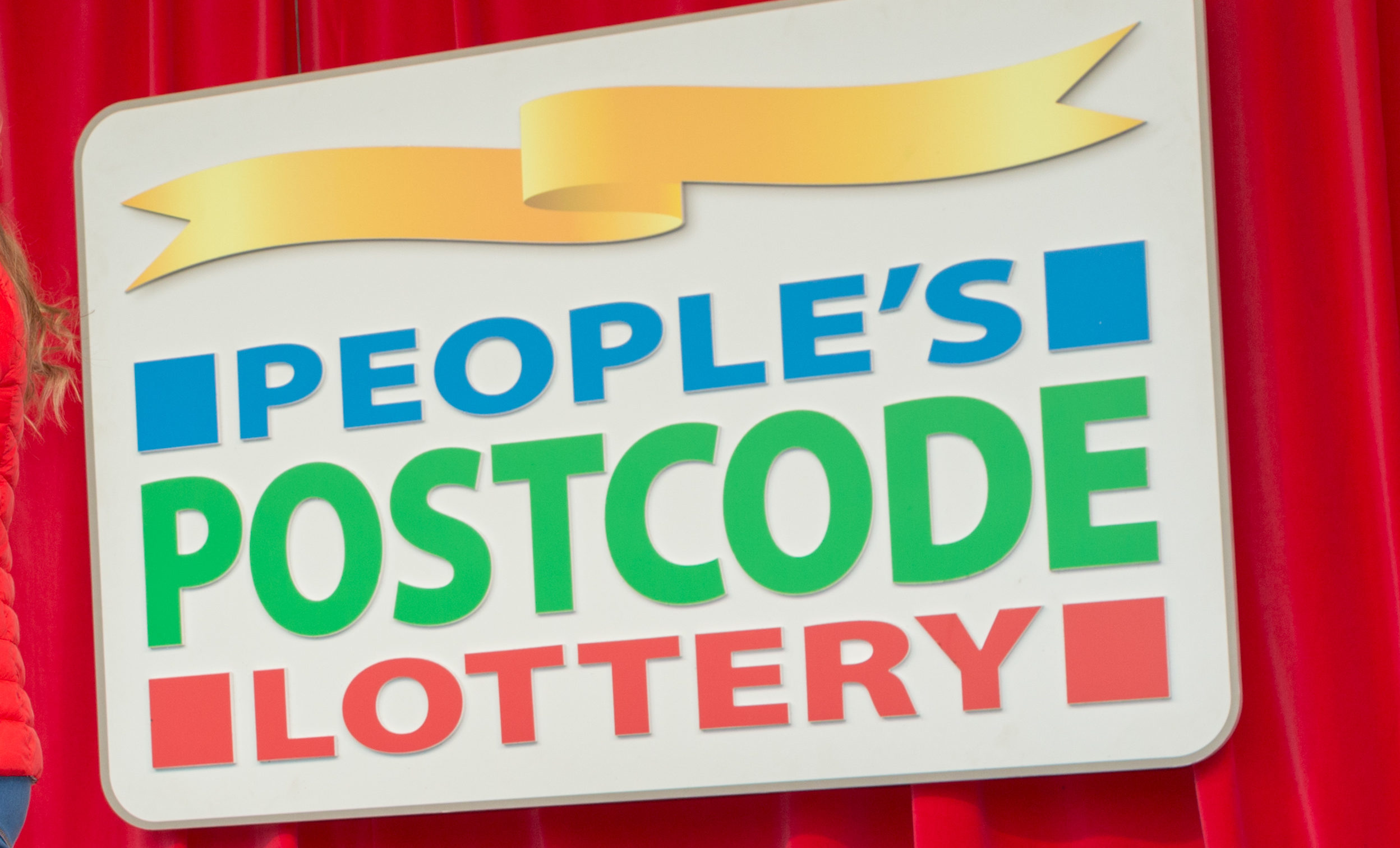
WILDLIFE officials in Africa are to be trained by UK scientists in crime scene investigation and DNA forensic analysis to tackle elephant and rhino poaching.
Officials in Malawi, Zambia and Zimbabwe will receive specialist training to hep carry out forensic investigations on the crime scenes created by carcasses of animals slaughtered for their tusks or horns, conservation experts said.
Staff from wildlife crime and trade organisations Edinburgh-based Trace and Cambridge-based Traffic will provide the training, with the support of £400,000 over two years from the People’s Postcode Lottery.
The funding will also provide specialist tools including field forensic kits and DNA sequencing equipment.
As many as 20,000 elephants are poached each year in Africa for their ivory tusks, which organised criminal networks smuggle to Asia where they are turned into ornaments and jewellery, the organisations said.
African rhinos are also targeted for their horns which, although they are made of keratin – the same material as fingernails, fetch high prices for their prestige value, or cures for everything from hangovers to cancer in parts of Asia.
But wildlife officials in parts of Africa where the animals are being killed often lack specialist equipment, skills and training to collect and analyse evidence that can be used to take the poachers to court and convict them.
Rob Ogden, co-director of Trace, said: “All too often, the criminals poaching Africa’s wildlife are walking free because it is proving impossible to bring them to book successfully.
“But now, thanks to the fantastic support from players of People’s Postcode Lottery, wildlife officers in the region will have the means to gather the evidence that will help put these criminals where they belong – behind bars.”
Clara Govier, head of charities at People’s Postcode Lottery, said: “We are pleased that funding from players of People’s Postcode Lottery will be helping end the activities of criminals decimating Africa’s wildlife.
“This is a really worthwhile endeavour and we hope players’ support will have a big impact on the ground.”
Despite a fall in elephant poaching in Africa from record highs a few years ago, some 55 elephants a day are being illegally killed, the main cause of a 20% fall in populations in a decade, wildlife charity WWF says.
The new project builds on earlier work to create an African Wildlife Forensics Network, the first phase of which was funded by the UK’s Environment Department (Defra) through the Illegal Wildlife Trade Challenge Fund.

Enjoy the convenience of having The Sunday Post delivered as a digital ePaper straight to your smartphone, tablet or computer.
Subscribe for only £5.49 a month and enjoy all the benefits of the printed paper as a digital replica.
Subscribe